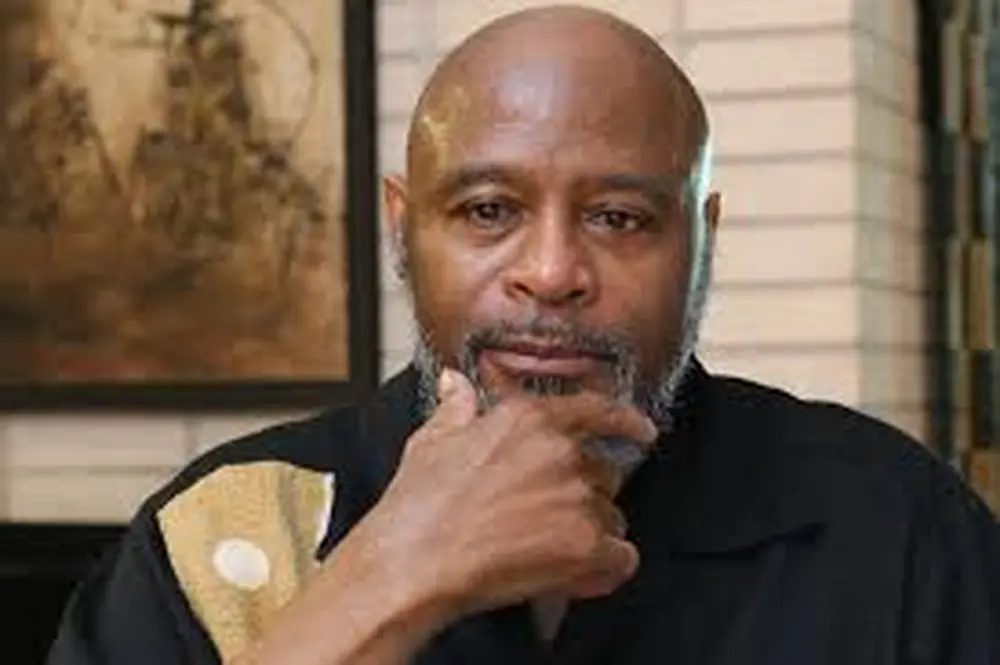
Prof. Sundiata Cha-Jua was featured in an Illinois Public News article where he was interviewed about police misconduct in Champaign County.
"CHAMPAIGN — In 2009, the fatal shooting of a teenager by a Champaign Police officer sparked calls for change in the years that followed. One of those calls was for a civilian review board to provide broad oversight over the Champaign Police Department.
Almost a decade later, the Citizen Review Subcommittee was formed — an entity with significantly less power than what activists wanted. Instead of being provided broad oversight authority, the CRS was tasked by officials to review a small handful of the department’s misconduct investigations and weigh in on whether they agreed with its findings.
Experts and former members interviewed by Invisible Institute and IPM News point to issues with the CRS’ structure, ranging from an inability to determine which cases it reviews to a lack of any requirement that police officials even respond to recommendations, let alone implement them.
Each of these issues can be traced to obstacles created by officials during the years-long push for civilian oversight of police in Champaign.
Outrage over Kiwane Carrington’s killing leads to demands for broad oversight
On Oct. 9, 2009, Kiwane Carrington, a Black 15-year-old, was trying to get into his aunt’s house in Champaign, where he was living at the time. A neighbor, who suspected he was trying to break in, called the police. Carrington and the friend he was with were both unarmed.
RT Finney, the department’s chief, arrived first, followed by Officer Daniel Norbits, his gun drawn. After a brief confrontation with the boys, Norbits’ gun fired, hitting Carrington, an Illinois State Police investigation determined. A Champaign County Coroner’s jury ruled that Norbits’ gun fired accidentally, and he was disciplined for mishandling his weapon. The city settled with his family for $470,000; in a separate civil lawsuit dropped shortly after it was filed, Carrington’s friend alleged that Finney had been the one that killed Carrington, not Norbits.
After Champaign County State’s Attorney Julia Rietz declined to prosecute the officers involved, many people in the community were outraged.
In the months that followed, local activists pressed city leaders for reforms to address police brutality against Black people. They advocated for Finney’s resignation, residency requirements for officers, more Black representation in the police force and the formation of a civilian review board, according to University of Illinois Urbana-Champaign African American Studies and history professor Sundiata Cha-Jua, who wrote a journal article on the local racial justice movement after Carrington’s death. Two years prior to Carrington’s killing, the city council had considered and rejected the idea of a civilian review board.
In early 2010, then City Manager Steve Carter announced several initiatives aimed at addressing the activists’ demands, including one to review the current police complaint processes, without necessarily introducing larger reforms. But Cha-Jua notes Carter’s initiatives were later “derailed” after a video surfaced of Champaign officers using excessive force on Brandon Ward, a Black 20-year-old, again prompting calls for a civilian review board with broad powers."
- Written by Madison Halcomb